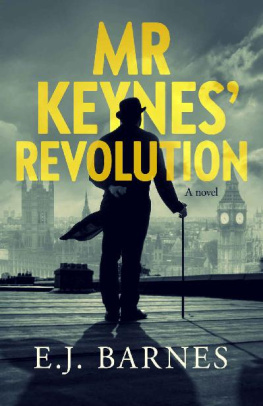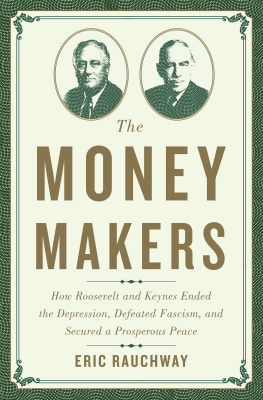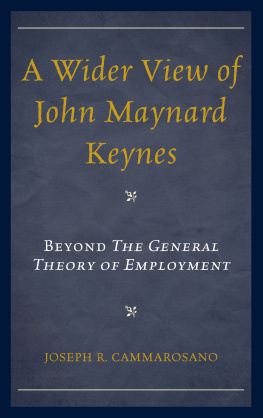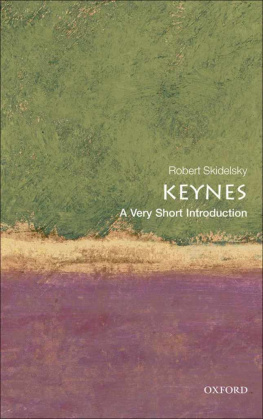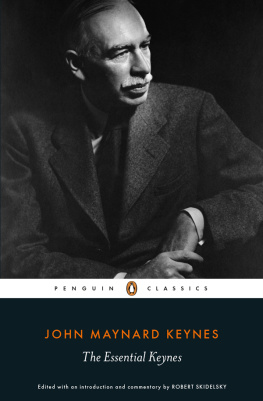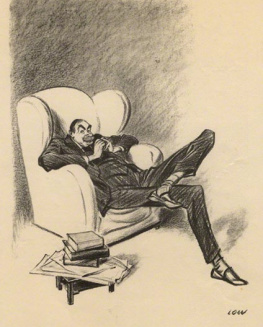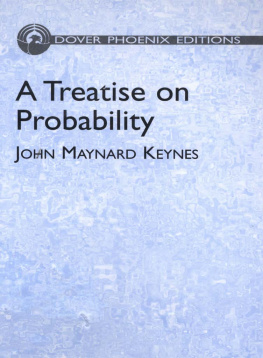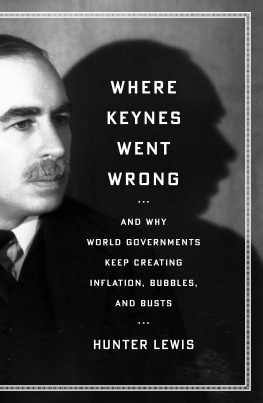E. J. Barnes
1
P aris, 1919: three world leaders, determined to wrest a new Europe from the wreckage of the old; a horde of hangers-on, all out for what they can get; and a man about to throw a promising career off a cliff.
The French Ministry of Finance, part of the old Louvre Palace, stood upon the banks of the Seine, a fine specimen of the grandeur and confidence of an age that was lost, buried in the mud of the trenches, in the vicious, blood-stained battlefields of Flanders. Now the remnants of that world were being fought over just as fiercely, but this time beneath chandeliers and mirrors, in a thousand smoke-filled committee rooms. In one of these, on an upper floor of the Ministry, a group of delegates were discussing the future of Austria. They came from many countries, and spoke in varying accents, but all were men, all wore the clothing of officialdom and all had piles of paper in front of them.
One of those sitting at the long table was a man in his thirties. He was extremely tall well over six foot and seemed to have some difficulties with his limbs, which sprawled, and extended too far from the cuffs and trouser legs of his suit. His eyes were large, dark and intense; his mouth broad and rather sensual only partly obscured by a luxuriant moustache, it hinted at a nature beyond officialdom. He had a peculiarly magnetic effect on those around him. Even when he was not speaking, they seemed to be waiting for what he had to say.
He was the British Treasurys representative at the Peace Conference, known to most as Mr Keynes, and by his friends as Maynard.
The members of Committee 14(d) had many things to decide about the future of Austria, the former heart of the vast Habsburg Empire, ripped to pieces by the war. New borders, institutions, constitutions must be debated. For now they were addressing simply what the inhabitants had to eat.
and so, the majority of us are in agreement that cattle should be relocated from the area surrounding Vienna, in order to relieve shortages in the Prussian region
The chairman spoke in a steady drone. Maynard raised a pen.
Mr Keynes?
The Chairmans tone was resigned.
I object.
On what grounds?
On the grounds that the citizens of Vienna need their cattle for themselves.
But the problems in Prussia
We have it on good evidence that in Vienna they are starving.
The chairman flinched. He did not like the word, preferring to talk of shortages. Besides, it had been a long and increasingly bad-tempered discussion, and he was hoping to wrap the matter up.
I think we must remember that reports can be exaggerated
Starving, Maynard repeated. We have received credible reports of widespread starvation. I remind you that eye witnesses
A door opened onto the committee room. Maynards attention shifted to the man who stood there, signalling discreetly. He rose hastily, gathering papers.
I am called away. Please put on record that the British delegation can in no way agree to the confiscation of Austrian cattle.
Your objection is noted.
The remaining delegates perked up as Maynard made for the door. The chances of the average Viennese citizen sitting down to a schnitzel in the near future might have declined, but the chances of the delegates making an earlier exit, to the hotels and restaurants of Paris, had just risen considerably.
In the corridor, Maynard set the pace.
They dont seem to realize that Vienna is on the brink of revolution, he told his bemused companion. Revolution or collapse. The average calorie intake is not half of what is needed to sustain life. How can a city which depends on manufactured goods and banking hope to feed itself after a war, when the things it produces are no longer in demand?
Im sorry to
Dont worry. Ive argued myself hoarse but it makes no difference to them. Maynard turned the corner into a wider corridor. So its definitely on the agenda? My note? The Keynes Plan?
Not formally, but
Have they finished lunch?
They as I left
And Lloyd George?
Hes going to raise it, he says. He wants you there.
Maynard stopped abruptly to stare at his companion a very junior, bespectacled member not of the British, but the South-African, delegation, sent by command of General Smuts, who happened to be a friend of Maynards. The young man, alarmed by the scrutiny, blinked and almost stepped into a passing trolley laden with patisserie. Around them the vast corridor heaved with conference minions going about their business: delegates clutching papers, journalists clutching notebooks, representatives from far-flung places, some in turbans or kaftans or versions of military dress; even a small group of women (members of the International Womens Conference) in long skirts and wide-brimmed hats. Among them too, industrialists, trade unionists, gun dealers, nationalists
Id almost lost hope, said Maynard. And now, suddenly, Im not sure I can bear it. He waved an arm. Or this. Look at them. Everyone on the make. He did not wait for an answer but plunged back into the river of perspiring humanity.
Fifteen minutes later they got out of a taxi at the Crillon Hotel and entered a different world: the corridors deserted, the carpet muffling their footfalls, the riff-raff kept away. Yet this was the beating heart of everything: in the drawing room, amongst Ormolu clocks and silk fringes and far too much gilt, the Big Three President Wilson, Prime Minister Clemenceau and Prime Minister Lloyd George made the final decisions about Europes borders, Europes institutions and, crucially, how much a vanquished and humiliated Germany should be made to pay in atonement for the war.
Maynard paused in the entrance. The Big Three stood with their backs to the fireplace, about to take their seats. Gaggles of attendants stood about the room, and on one side a table was laid out with a map of Europe, adorned with red-inked lines and small flags.
A group of British officials looked at Maynard expectantly, but his attention was all for the Big Three.
Lloyd George was laughing at a joke Clemenceau had made; as his head turned, his eye caught Maynards. He nodded a greeting, then looked back towards the French Prime Minister, said something impossible for Maynard to make out what then turned to a hovering official, snapped out an order, took a paper from him, turned back to the French Prime Minister, waved the paper, started to speak urgently
My paper, thought Maynard, with a thud in his chest. The Keynes plan.
Clemenceau took it, sneered there was no other word for it then, with an emphatic shake of his head, cast it aside. Weve moved on. Were not interested. Dont waste our time. Wilson nodded, mournful as a bloodhound. A French official picked up the discarded document and began to crumple it absently between his fingers: disposed of: discarded: forgotten. Lloyd George looked towards Maynard, gave a slight, apologetic shrug Well, I tried, but you see how it is and the discussion moved on.
The last hope, kindled so unexpectedly, had been snuffed out.
All those calculations, all those cunning proposals, all those persuasive passages all those late nights.
Maynard sank into a chair. One of the British officials, a tall man with smooth, swept-back hair, gazed at him with concern, but Maynard did not notice.
His head was throbbing. Snatches of the discussion came to him as if through water: No more delays German signature demanded No further negotiations There was a rushing sound in his ears. He felt feverish and suddenly recalled that he had eaten nothing since a half slice of toast at breakfast. Around him, the babble of voices rose as raucous as ravens.

